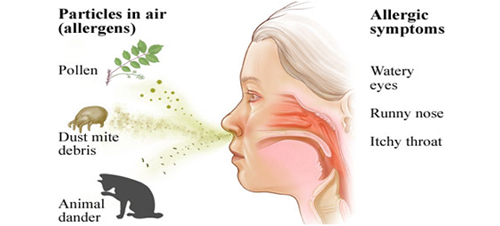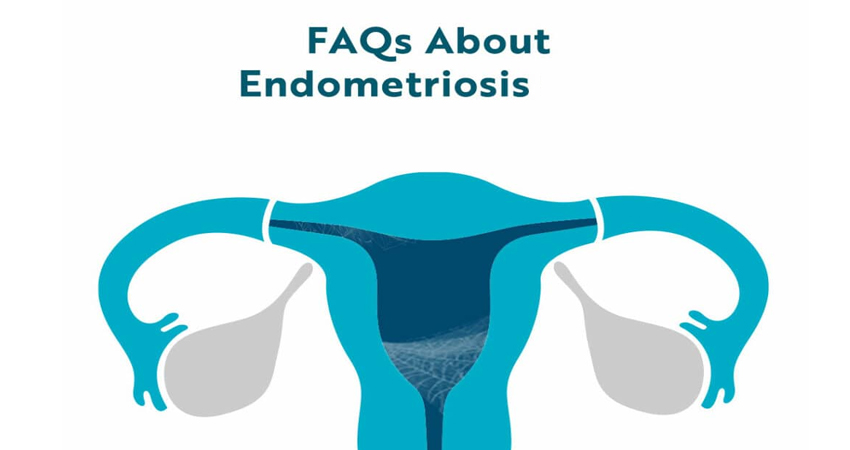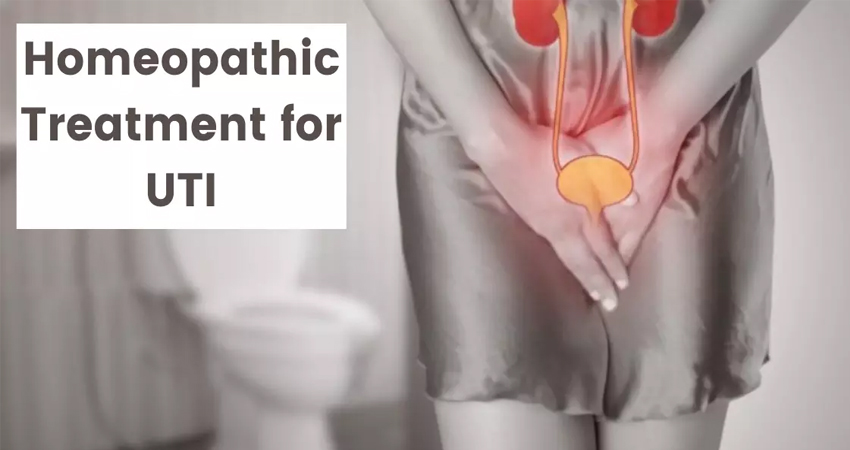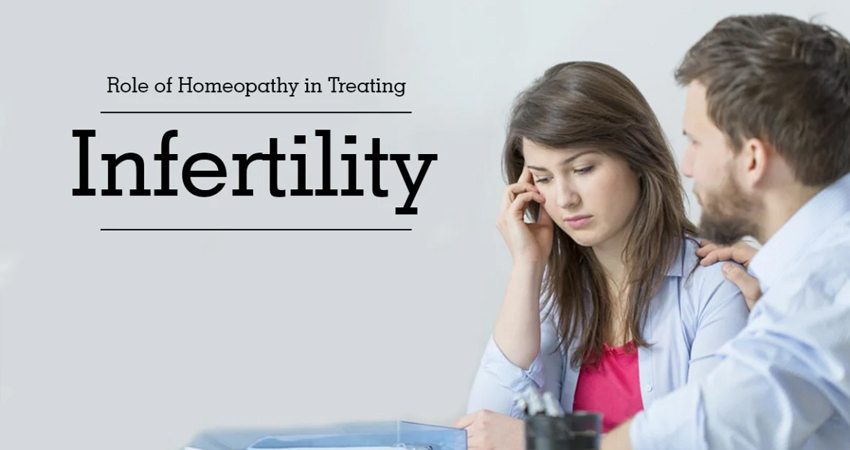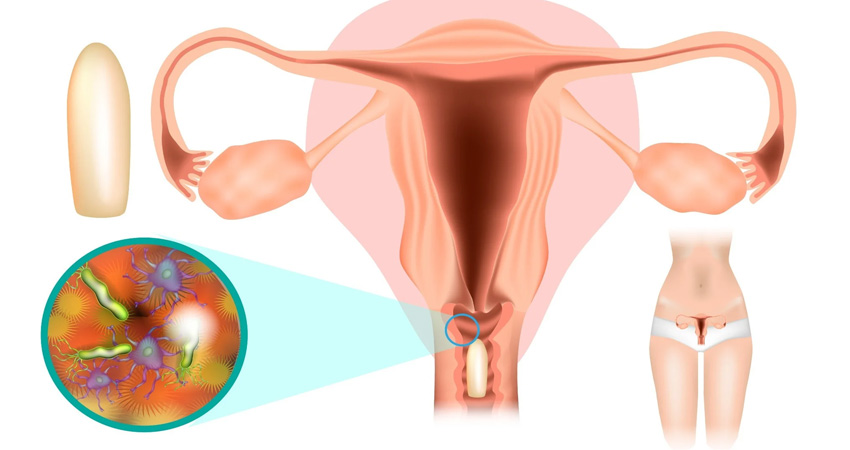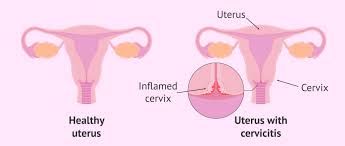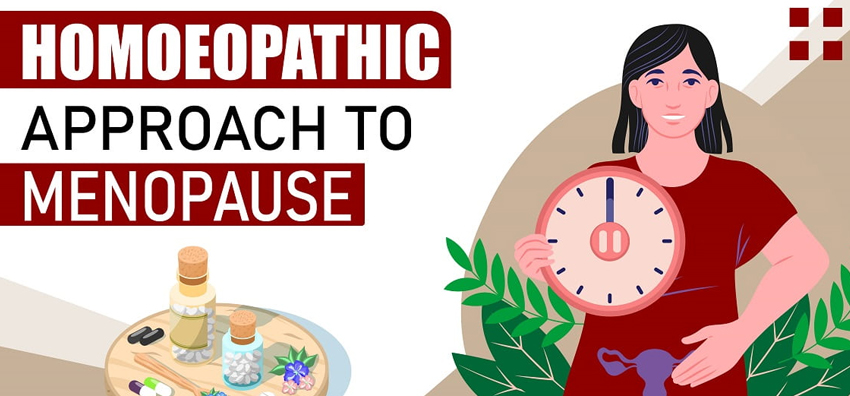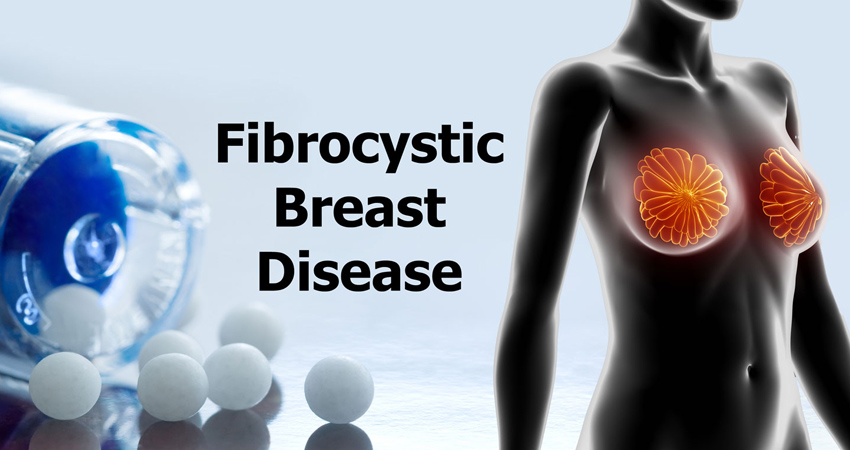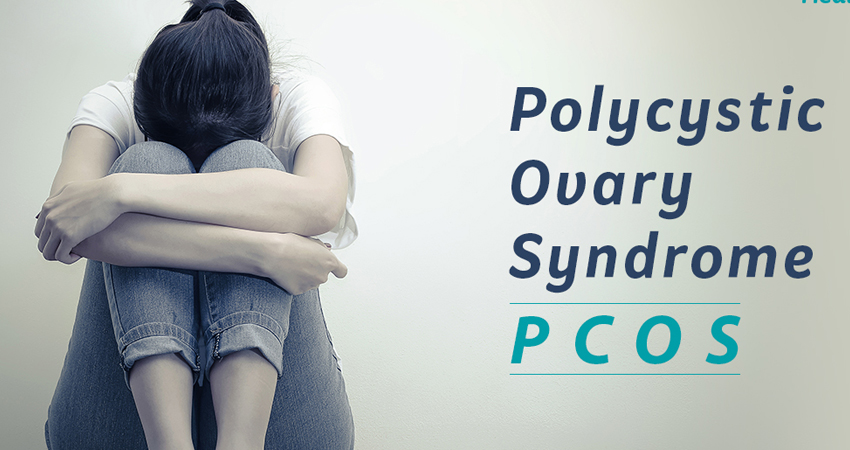PCOD AND PCOS: CAUSES, SYMPTOMS AND TREATMENT
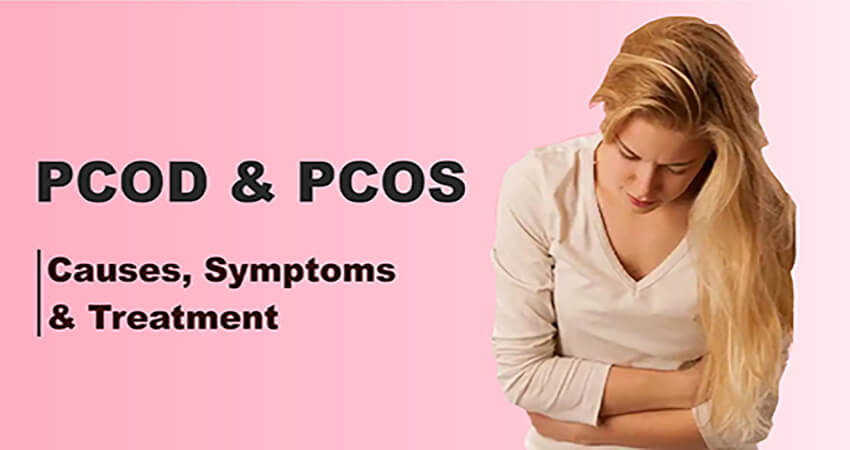
What is PCOD?
PCOD, or Polycystic Ovary Disease, is a common ovarian hormonal condition. It occurs when a woman's ovaries create an abnormally high level of androgens, which are masculine hormones that women also have but in lesser quantities. This hormonal imbalance can result in a number of symptoms and problems.
What is PCOS?
Polycystic ovary syndrome is referred to as PCOS. Although PCOD and PCOS are frequently used interchangeably, they aren't the same thing. A wide range of symptoms and diseases associated with hormone imbalance in women are covered by the more general term PCOS.
PCOS/PCOD Facts and Statistics: What You Need to Know
- Common Condition: PCOD and PCOS are among the most common hormonal disorders in women who can have children.
- Prevalence: An estimated 5% to 10% of women of childbearing age have PCOS or PCOD.
- Symptom Variability: The symptoms of PCOS and PCOD can differ greatly among individuals, making it challenging to diagnose and treat.
- Effect on Fertility: PCOS is a top cause of female infertility because it can lead to irregular or absent ovulation.
What are the Signs and Symptoms of PCOS?
PCOS symptoms vary, but common signs include irregular menstrual cycles, excessive facial and body hair growth (hirsutism), acne, weight management issues, hair thinning or male-pattern baldness, ovarian cysts detectable through imaging tests, fertility concerns due to irregular or absent ovulation, and mood swings, which can lead to depression.
Causes and Risk Factors of PCOS
The exact PCOS causes aren’t completely understood, but several factors are thought to have contributed to its development:
- Hormonal Imbalance: In women, having higher levels of certain hormones called androgens can be a big factor in the development of a condition called PCOS.
- Insulin Resistance: Many women with PCOS (Polycystic Ovarian Syndrome) have a difficult condition in their body when it comes to insulin, a hormone that helps maintain blood sugar levels. Their bodies don't always work properly with insulin. This can result in more insulin in the blood, making it easier to acquire weight and causing certain issues with how their bodies function.
- Genetics: PCOS might run in families, so if someone in your family has it, you might have a higher chance of developing it too.
- Inflammation: There's some evidence to suggest that a kind of long-lasting, low-level inflammation might be connected to PCOS or Polycystic Ovary Syndrome and the problems it can cause.
How Is PCOS Diagnosed?
To screen for PCOS, your doctor will inquire about your family history, present problems, and menstrual patterns. Additionally, they'll look for signs of abdominal weight gain, acne, and excessive hair growth. The levels of several hormones, including androgens, insulin, and glucose, will be assessed by blood testing.
Homeopathic Treatment for PCOS or PCOD
While standard treatments for PCOS frequently include birth control pills, insulin-regulating drugs, and lifestyle adjustments, some people seek alternative therapy such as homeopathy.
- Personalized Care: Homeopathic treatment for PCOS or PCOD is designed just for you. Homeopaths look at your body, feelings, and thoughts to find the right help.
- Balancing Hormones: Homeopathic remedies want to make your hormones even and your ovaries work better.
- Regulating Periods: Homeopathic medicines may help make your periods regular and feel better.
- Improving Baby Chances: If you want a baby, homeopathy can help naturally.
- Handling Problems: Homeopathic remedies can help with acne, too much hair, and mood swings.
- No Bad Stuff: Homeopathic medicines are safe when a qualified homeopath gives them.
Wrapping Up
Categories
The Most Popular
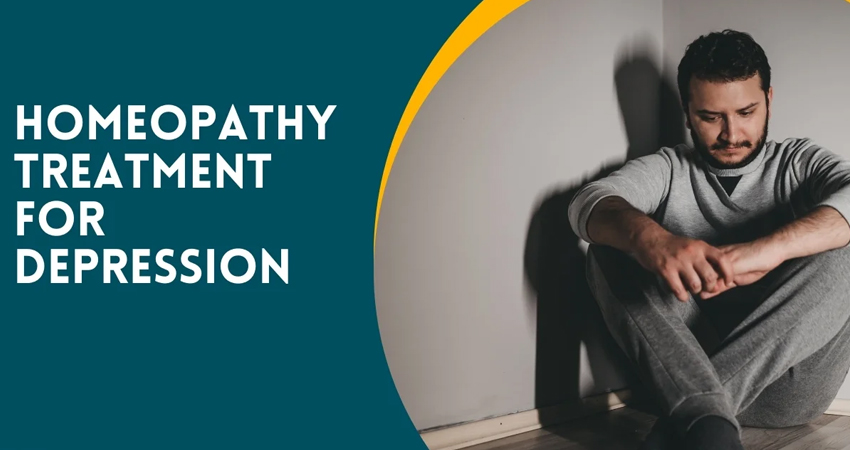 Jun 14, 2024
Jun 14, 2024
Depression and Homeopathy treatment in delhi ncr
In today's fast-paced world, depression has become
 Jul 06, 2024
Jul 06, 2024
FAQs about Depression and Homeopathy
Depression is a complex mental health condition th
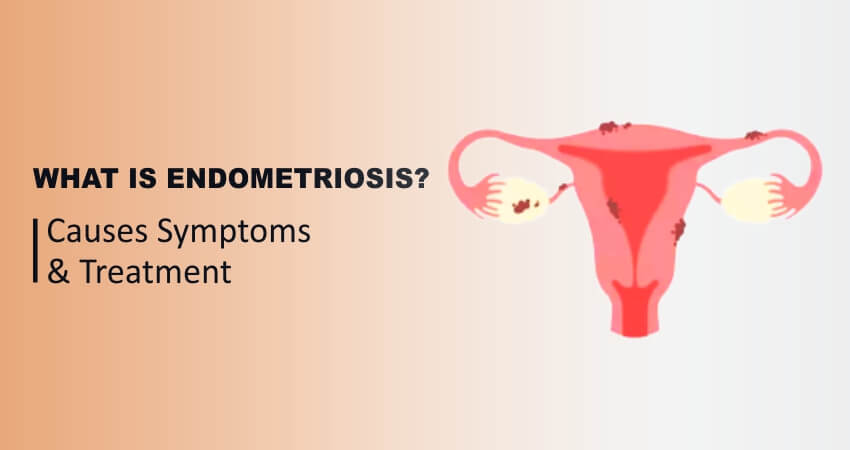 Dec 21, 2023
Dec 21, 2023
Best doctor for Endometriosis treatment in Noida
Endometriosis is a major concern for many women th
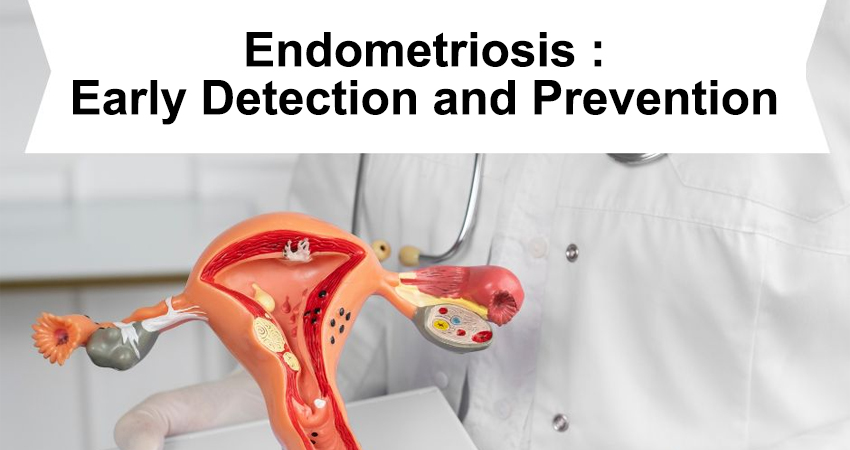 Nov 18, 2023
Nov 18, 2023
Endometriosis: Early Detection and Prevention
Endometriosis is a chronic condition that affects
 Nov 28, 2023
Nov 28, 2023
How Homeopathy Helped with a Severe Case of Endometriosis
Endometriosis is a common condition that affects m
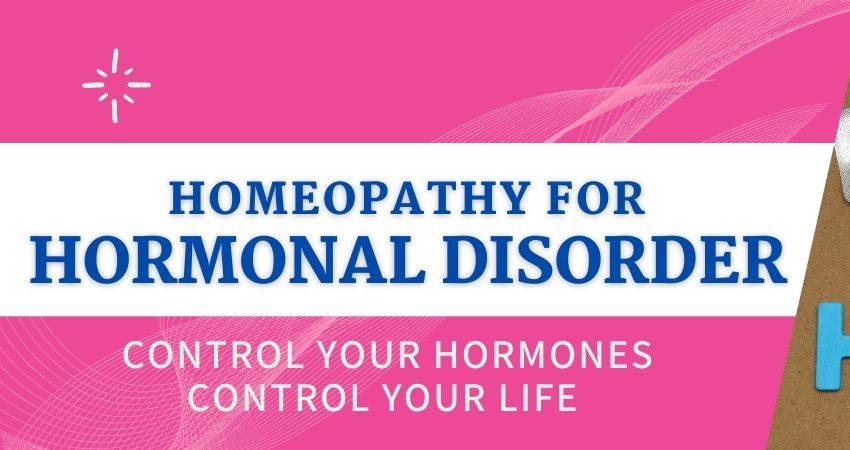 Dec 21, 2023
Dec 21, 2023
Is Homeopathy the Best Treatment for Endometriosis?
Homeopathy offers a holistic and individualized ap
 Dec 20, 2023
Dec 20, 2023
Getting Pregnant With Endometriosis: Is It Possible?
Embarking on the journey of parenthood with endome
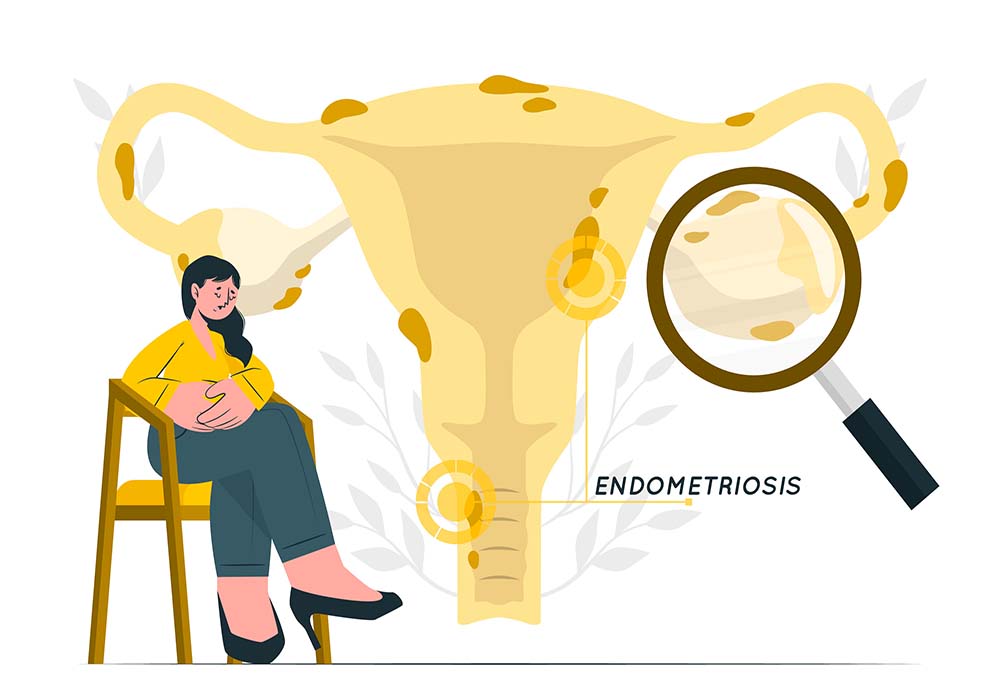 Dec 21, 2024
Dec 21, 2024
Homeopathic Treatment for Endometriosis: A Holistic Approach to Managing Pain and Discomfort
Endometriosis is a challenging condition affecting
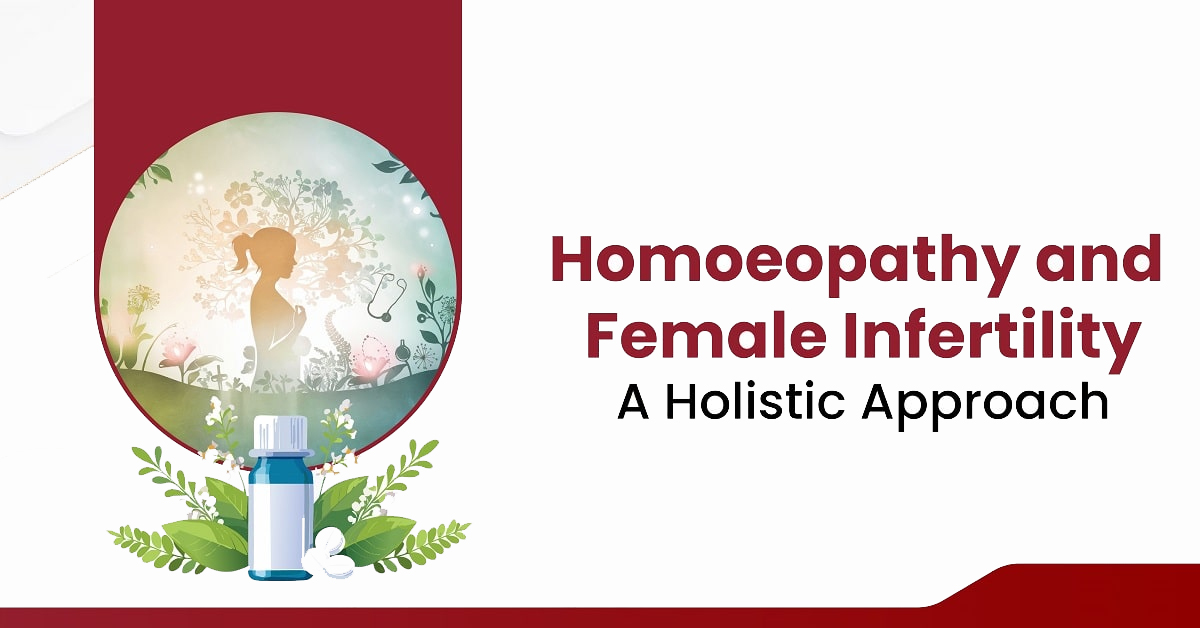 Jan 31, 2025
Jan 31, 2025
Homeopathy vs. Conventional Treatments for Endometriosis: A Comparative View
Endometriosis is a complex and often painful condi
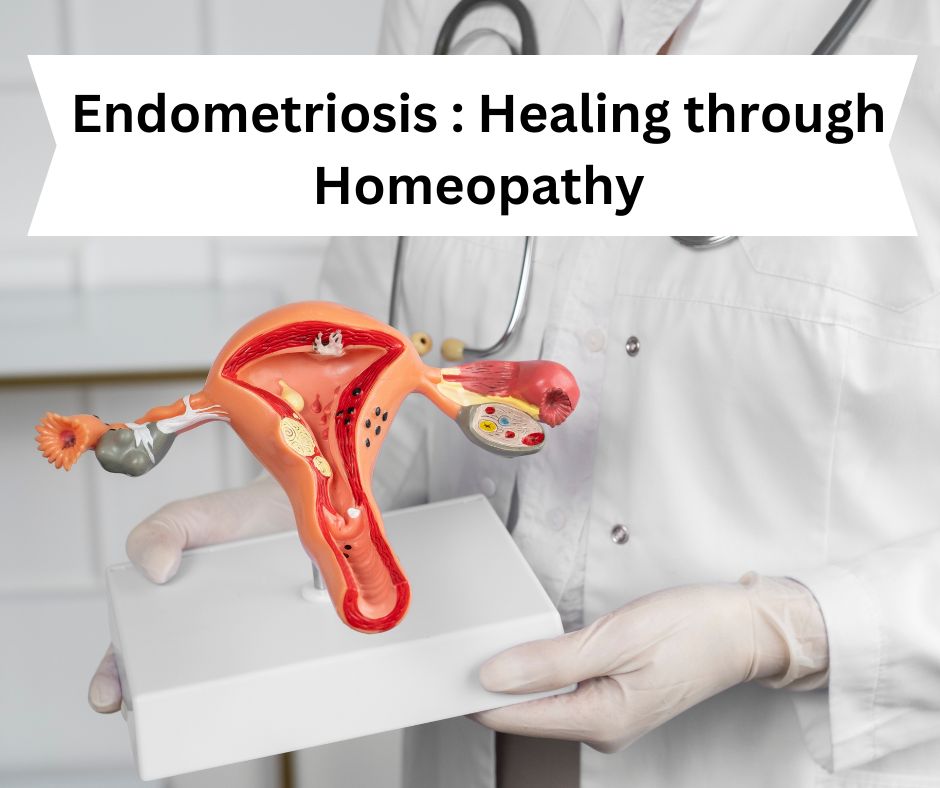 Mar 18, 2025
Mar 18, 2025
Homeopathic Treatment of Endometriosis in Delhi
Endometriosis is a painful and often misunderstood
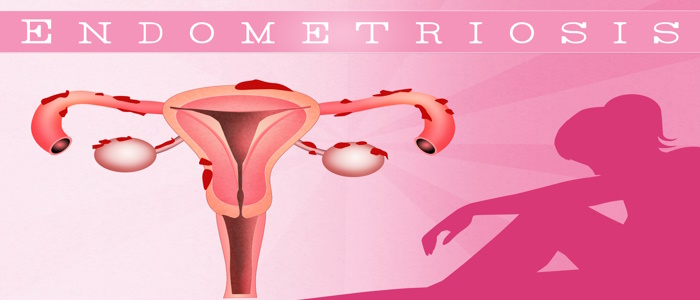 Mar 28, 2025
Mar 28, 2025
Holistic Healing: Combining Homeopathy, Diet & Lifestyle for Endometriosis Relief
Endometriosis is a chronic condition that affects
 Jan 17, 2024
Jan 17, 2024
FAQs of UTI in the Realm of Homeopathy
Urinary Tract Infections (UTIs) can be a discomfor
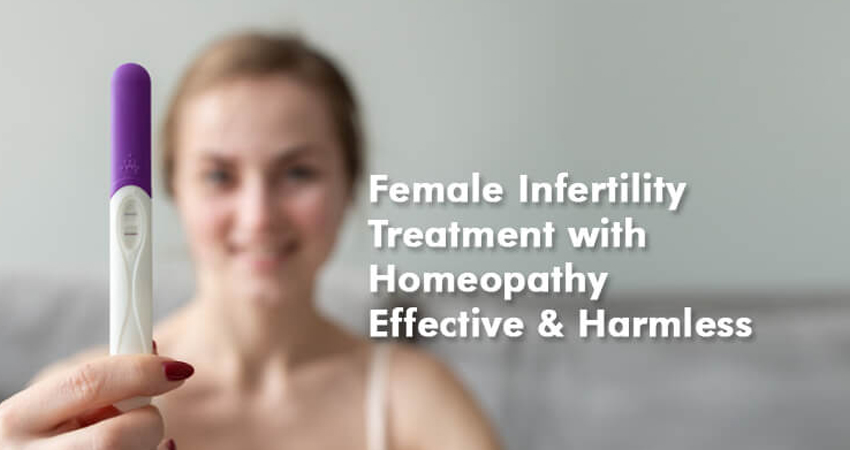 Jan 31, 2024
Jan 31, 2024
FAQs on Women's Infertility and Homeopathy
The journey of addressing women's infertility requ
 Jul 22, 2024
Jul 22, 2024
Leucorrhoea and Homeopathy: A Holistic Approach to Women's Health
Leucorrhoea, commonly known as white discharge, is
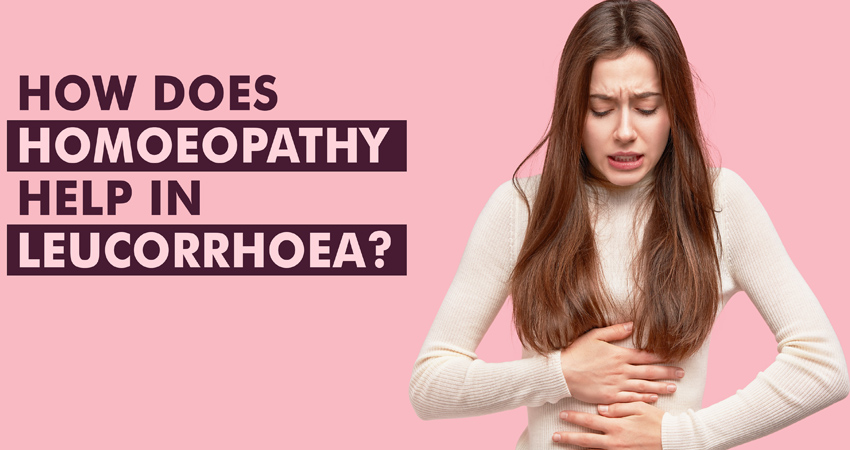 Jul 30, 2024
Jul 30, 2024
Frequently Asked Questions About Leucorrhoea and Homeopathy
Leucorrhoea, or white discharge, is a common gynec
 Aug 20, 2024
Aug 20, 2024
Infertility and Homeopathy: A Holistic Approach to Conception
In today's world, many couples face the challenge
 Aug 30, 2024
Aug 30, 2024
Effectiveness of Homoeopathic Treatment in Female Infertility
Infertility is a condition that affects millions o
 Sep 21, 2024
Sep 21, 2024
UTI and Homeopathy: A Natural Approach to Urinary Health
Urinary Tract Infections (UTIs) are a common and o
 Oct 14, 2024
Oct 14, 2024
UTIs and Homeopathy: 10 Frequently Asked Questions
Urinary Tract Infections (UTIs) can be bothersome
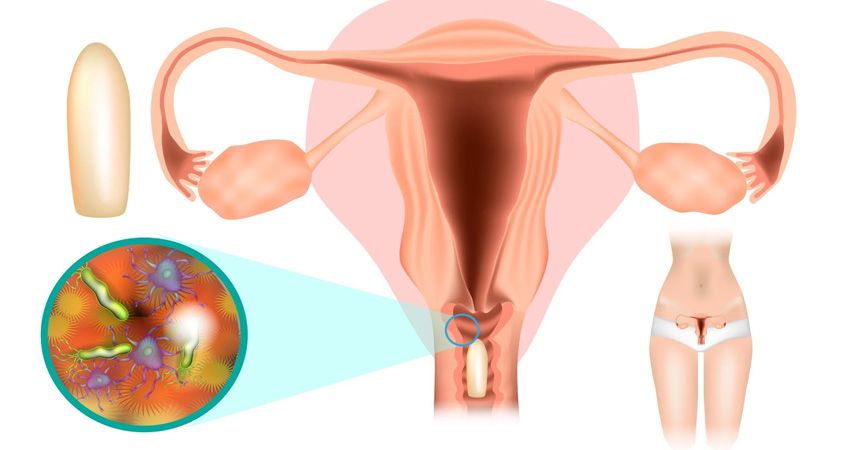 Oct 21, 2024
Oct 21, 2024
FAQs About Vaginitis and Homeopathy: A Holistic Approach
Vaginitis, a common health issue affecting women o
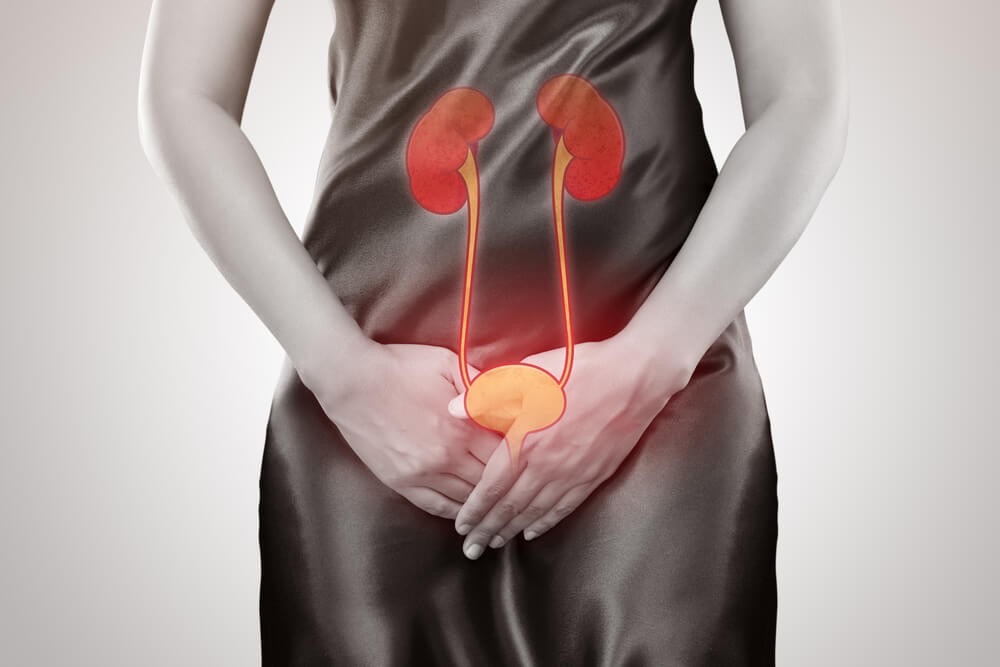 Nov 07, 2024
Nov 07, 2024
Can We Treat Urine Infections with Homeopathy?
Urinary tract infections (UTIs) are a common healt
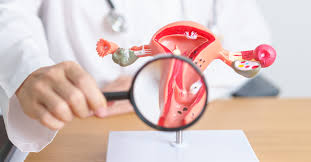 Dec 03, 2024
Dec 03, 2024
Uterine Fibroids and Homeopathy: A Natural Approach to Healing
Uterine fibroids, also known as leiomyomas, are no
 Dec 30, 2024
Dec 30, 2024
Cervicitis and Homeopathy: A Natural Approach to Healing
Cervicitis, an inflammation of the cervix, is a co
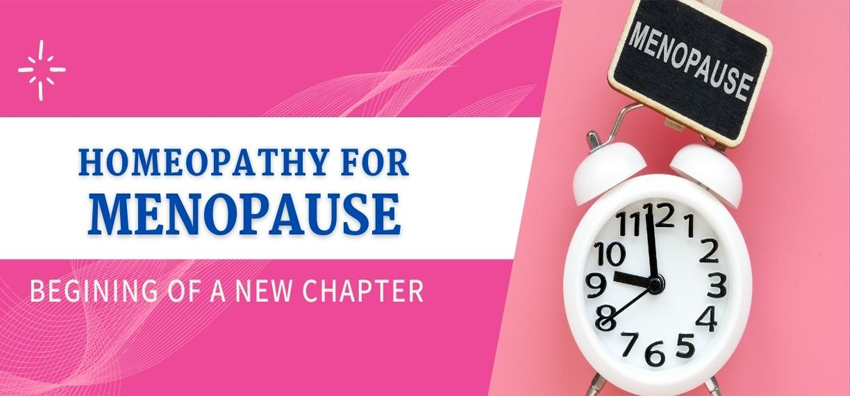 Feb 23, 2024
Feb 23, 2024
Menopause Treatment in Homeopathy: A Natural Approach without Side Effects
Menopause is a natural phase in a woman's life tha
 Mar 18, 2024
Mar 18, 2024
Understanding Cervicitis and Exploring Homeopathic Treatment
Cervicitis, inflammation of the cervix, is a commo
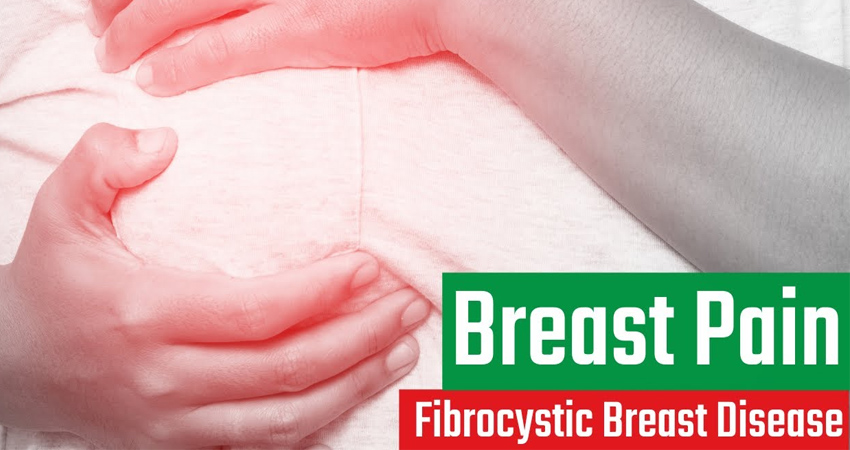 May 28, 2024
May 28, 2024
FAQs of FIBROCYSTIC BREASTS AND HOMEOPATHY
Fibrocystic breasts, also known as fibrocystic bre
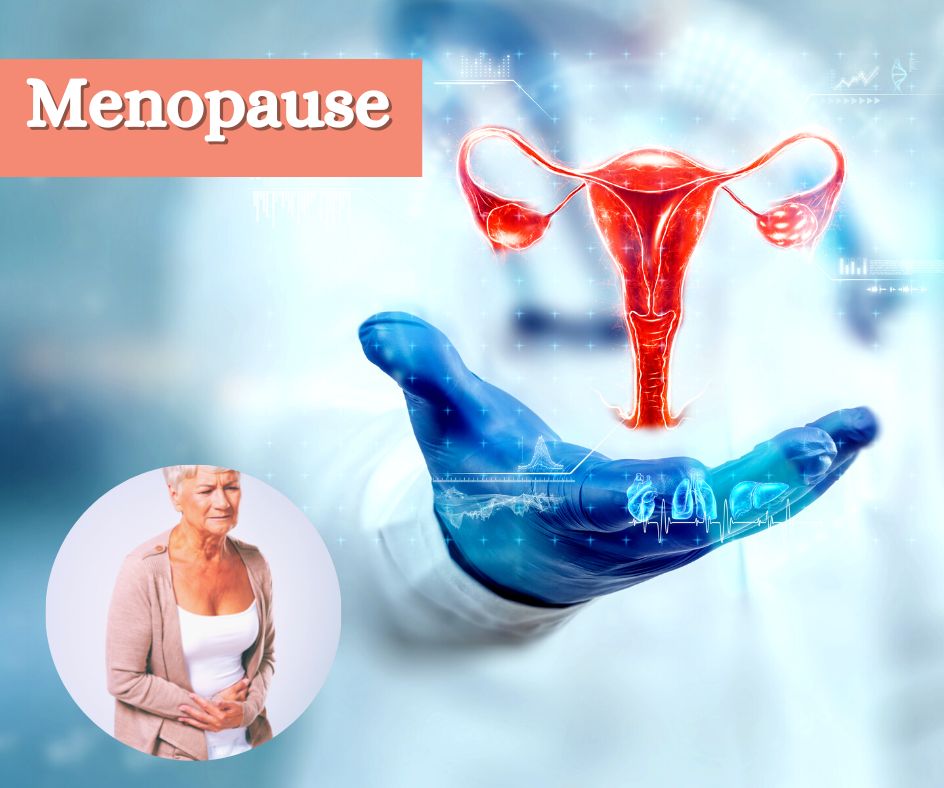 Nov 25, 2024
Nov 25, 2024
Menopause and Homeopathy: Natural Relief Through Holistic Care
Menopause is a significant life stage that brings
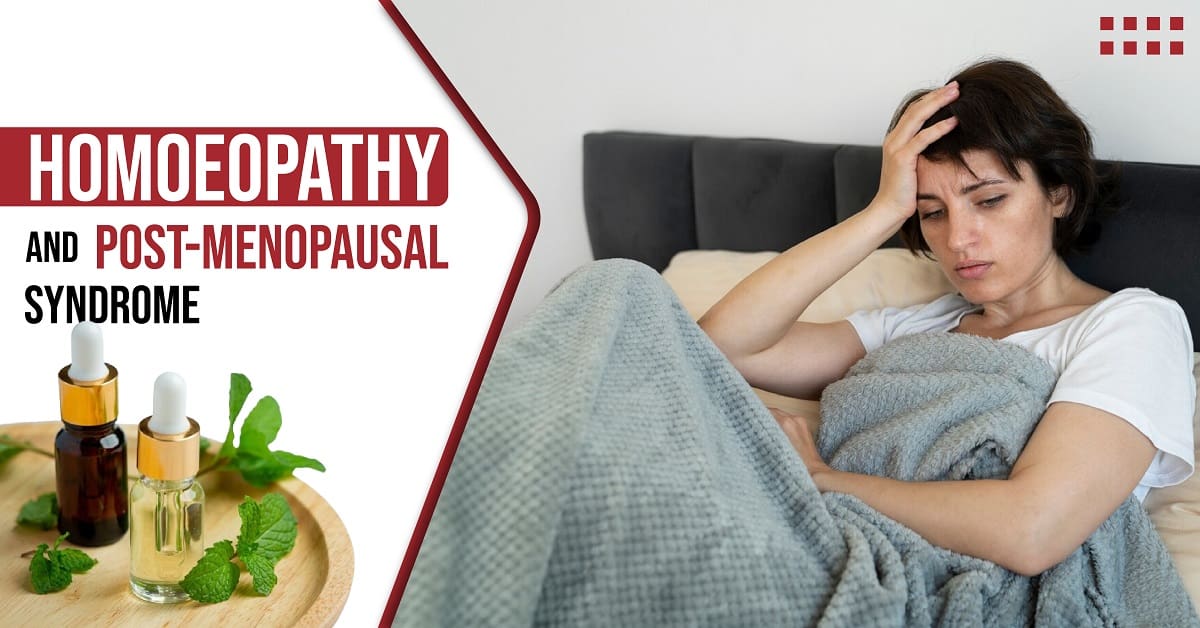 Feb 25, 2025
Feb 25, 2025
Why Homeopathy is a Safe and Effective Approach for Long-Term Menopause Care
Menopause is a natural phase of life, yet it bring
 Mar 05, 2025
Mar 05, 2025
How Homeopathy Helps with Digestive Issues and Bloating in Menopausal Women
Menopause is a natural transition in a woman&rsquo
 Nov 18, 2023
Nov 18, 2023
PCOD and PCOS: Causes, Symptoms and Treatment
Women's health is super important, and things like
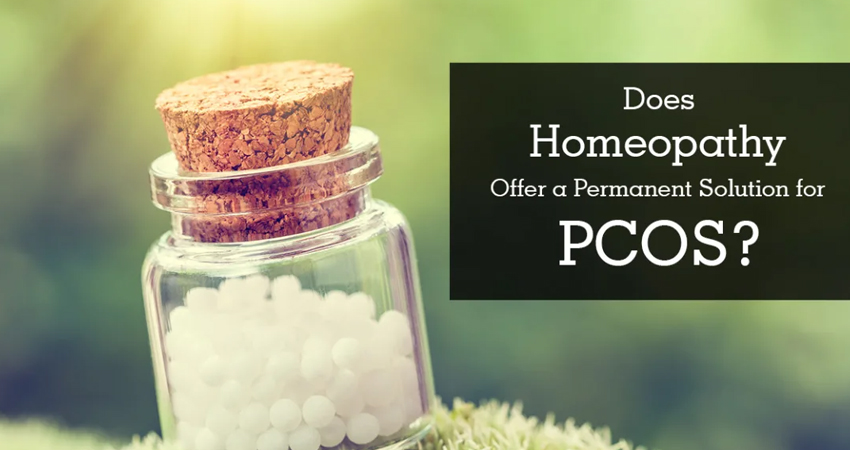 Nov 18, 2023
Nov 18, 2023
Important Facts to Know About Polycystic Ovary Syndrome (PCOS)
PCOS is one of the most common hormonal disorders
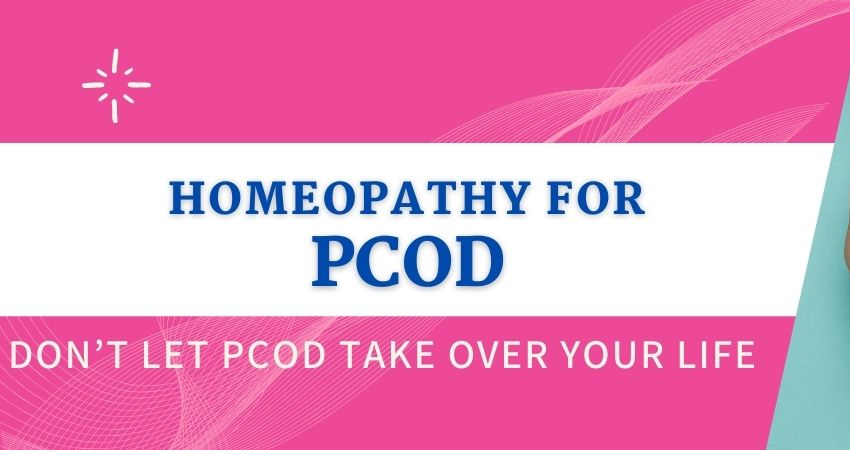 Nov 29, 2023
Nov 29, 2023
Is PCOS treatment possible in homeopathy
Polycystic Ovary Syndrome (PCOS) is a common endoc
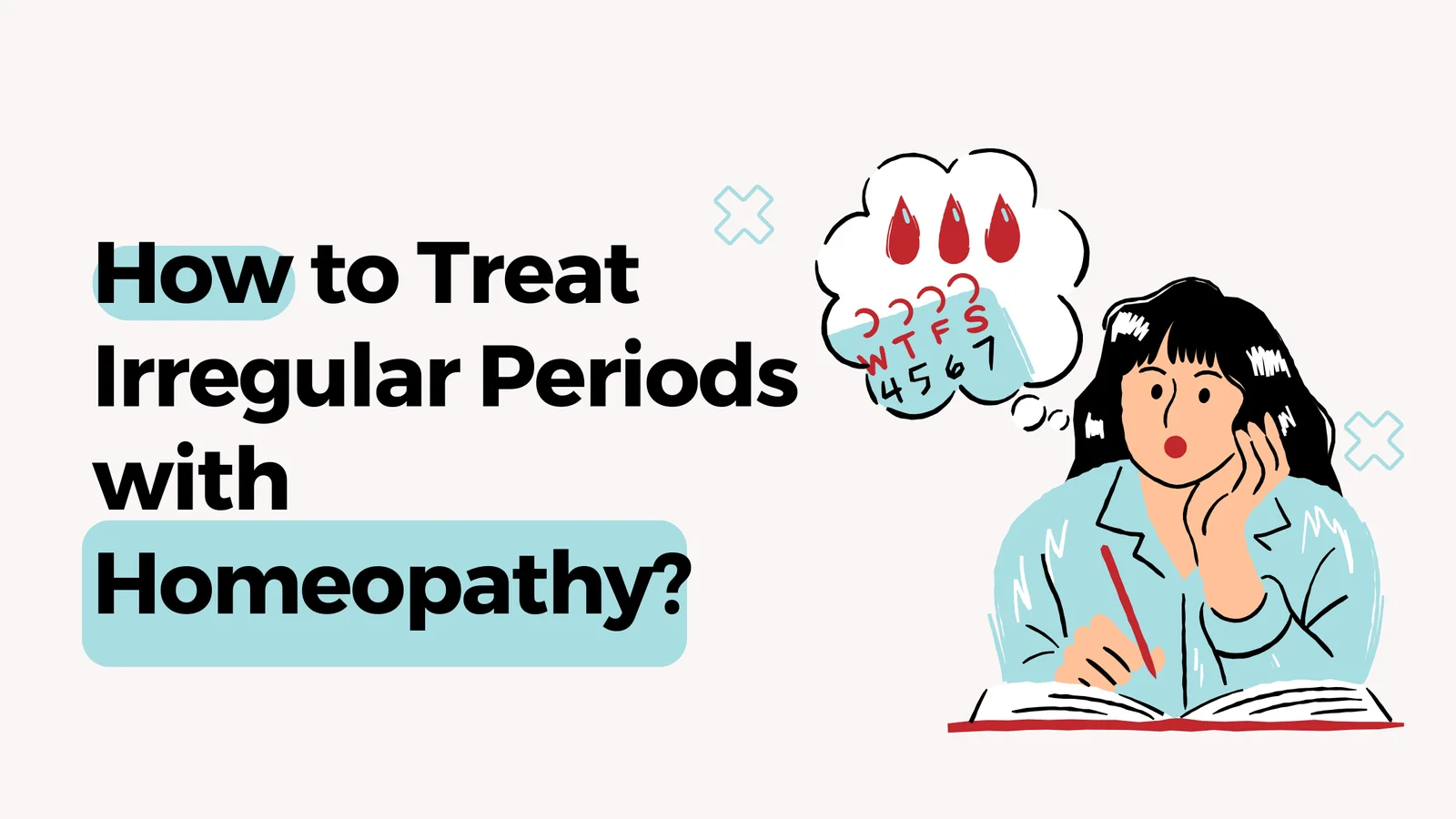 Jan 18, 2025
Jan 18, 2025
Managing Irregular Periods in PCOS with Homeopathy
Irregular periods are among the most prominent and




